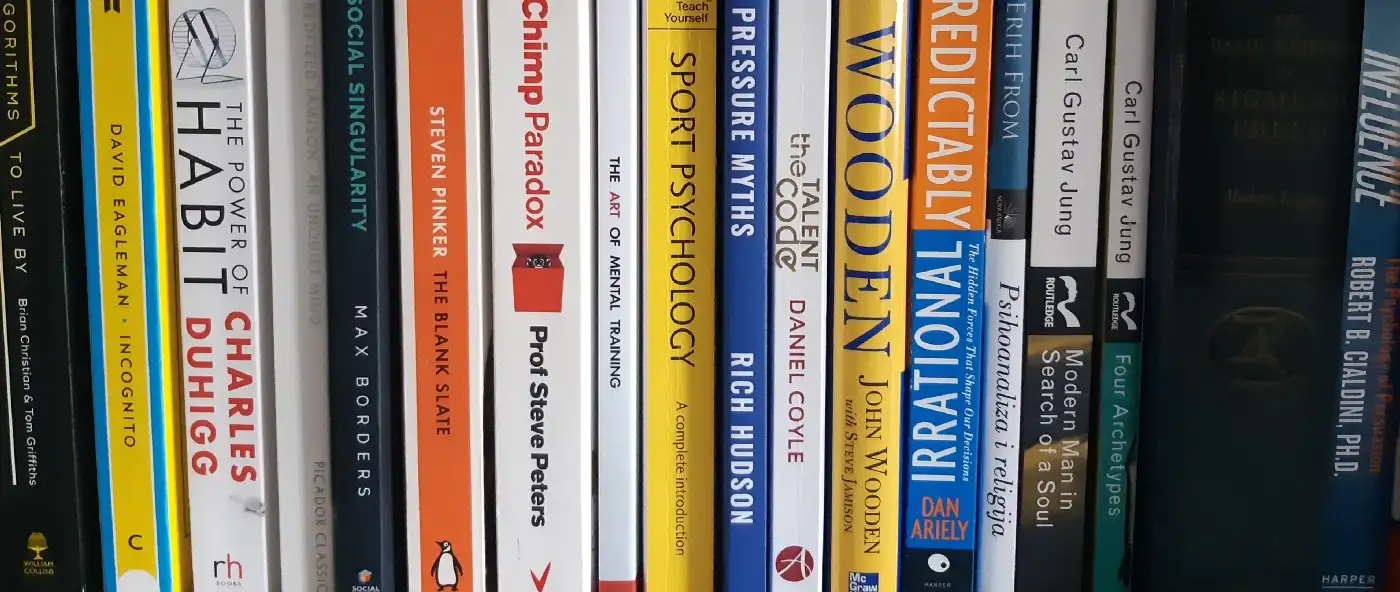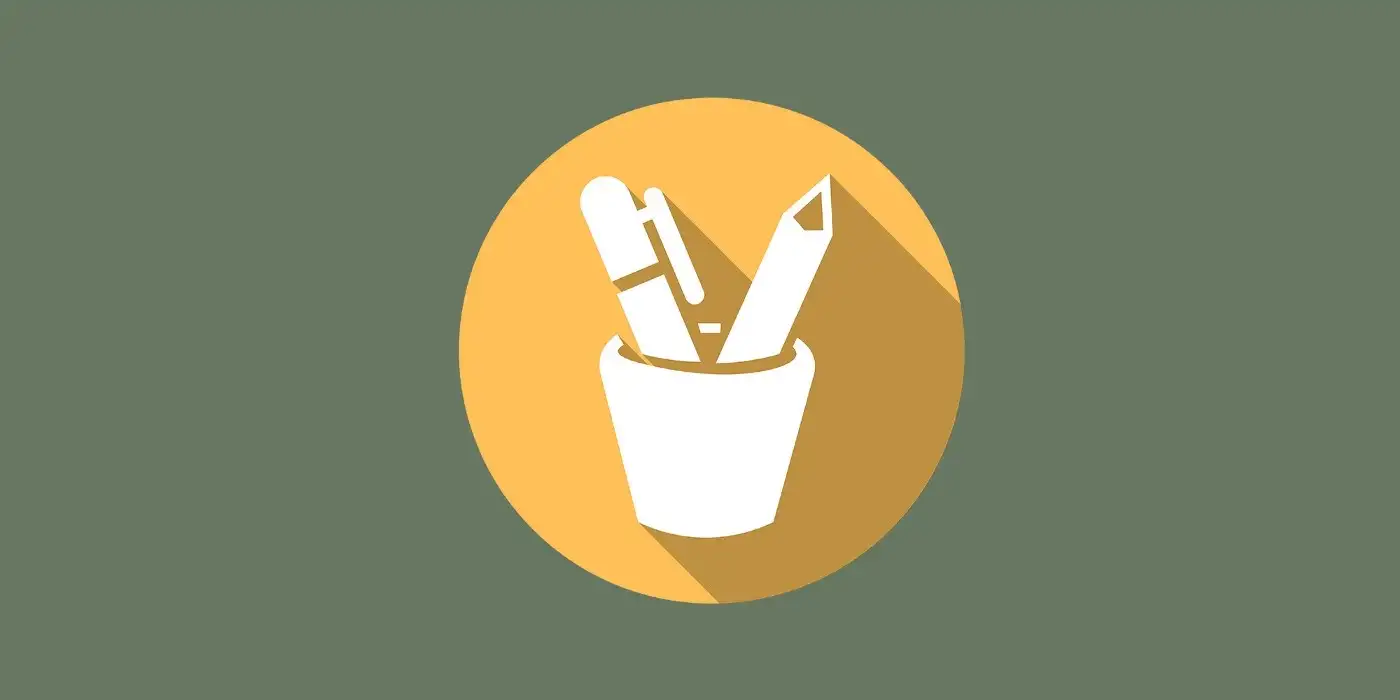
Have you ever watched a lecture, or read an article, where the author had a lot of knowledge but struggled to express it clearly in English? I’ve personally dropped at least a dozen Youtube tutorials for this reason.
If you’re a non-native speaker thinking about creating content, it can be a daunting prospect. Will native speakers mock you? Will your friends find you pretentious? Will your work be trenchant or dull? Delightfully erudite or full of embarrassing solecisms? As this paragraph grows more and more hifalutin, you may find yourself becoming increasingly annoyed.
If that’s the case, mission accomplished. This was a minor demonstration of the power of a rich vocabulary. Choice of words matters. I can be annoyingly pompous on purpose.
But I won’t, of course. What I’m aiming for in my writing is to be crisp, clear, and persuasive. If you think I’m on the right path, read on to find out how I got here as a non-native speaker.
Don’t tolerate ignorance
Ever since I was about 12, I’ve had a pet peeve: whenever I hear or read an English word I don’t understand, I just have to find out what it means.
At the time, I didn’t even own a computer, so I would try to write the word down (to the best of my abilities) and look it up in a physical dictionary. When I visited my childhood bedroom last year, I found a paper that documented my (endearingly wrong) attempt to write down some of the lyrics to Eminem’s song My Name Is.
Then came my first PC, and everything became easier. You could find the lyrics to popular songs in an instant (or as close to an instant as a 56k modem will get you).
These days, you can Google everything from the palm of your hand. Your laptop and phone probably have language apps that allow you to find a word’s meaning without even firing up a browser. Physical dictionaries have been relegated to dusty shelves along with encyclopedias and Pascal programming books.
Gone is the era when one could be poor at English and still succeed in business.
Ditch the subtitles (and definitely ditch the voiceover)
First of all, doing voiceover over great actors should be a felony. I once saw Al Pacino “speaking” German in The Godfather and, I think, had a minor nervous breakdown.
There are essentially four ways for a non-native speaker to watch movies in English. They are, in order from worst to best:
- Voiceover.
- Original voices with subtitles in your native language.
- Original voices with subtitles in English.
- No subtitles, just the movie, the way God intended it.
I suggest you try level 4 and see how well you do. At first, it may feel like learning to swim by being tossed head-first into a lake and told to figure it out. But, if you stick with it, you may surprise yourself.
Our brains are not good at rote memorization. This is why reading your native subtitles and trying to memorize individual words in English will yield little gain. Our brains refuse to expend energy where there is no perceived reward. When you feed your brain audio in English and subtitles in your native language, it will absorb the meaning from your native language and ignore the English. It’s unnecessary.
On the other hand, if you force it to extract meaning from English directly, you make it do what it does best: adapt.
After a while of struggling, patterns start to emerge. Our brains are great at understanding patterns if we give them a chance. You begin to understand some phrases and sentence structures. Words begin to attach themselves to objects and actions. Context and lip-reading help you fill in some of the blanks.
Depending on your current level of English, you need to decide where you belong on the scale above, between levels 2 and 4. Nobody belongs at level 1. Then, remain patient, research what you don’t know, and move up the ladder.
Read books in English
I’ve read many books in English. Probably more than in my native Serbian in the last five years. There are several good reasons for adopting this habit.
Availability
Many books, especially newer ones, haven’t been translated to all languages yet. Even if they have been translated, the translations are sometimes poor, and it’s often difficult to find them in local bookstores. Being able to read books in English opens up a whole world of knowledge to you. This, for example, is a segment of my library dedicated to psychology.

Only a few of these books have been translated to Serbian, and I’ve only ever seen two of them in a local bookstore.
Learning
When reading a book in English as a non-native speaker, you are simultaneously learning about the subject of the book and expanding your knowledge of the language.
You should remember to perform at the edge of your ability here. If your English skills are basic and you’re interested in philosophy, don’t try to sharpen them by reading David Hume. It will only leave you frustrated. Start with something easier and more modern. Complex subject matter, when joined with 18th-century idiom, makes for difficult reading even if English is your first language.
Pleasure
When it comes to non-fiction, a lot can be lost in translation. Every writer has their own rhythm and style, and this is often nigh-impossible to translate fully. Sometimes, even if a great translation is possible, you can’t get your hands on one because the translators just weren’t good enough.
Reading books that were written in English in the original increases the pleasure you extract from them. I still remember the first time I read a novel in English. It was Charles Dickens’ Great Expectations and I was positively blown away by the playful rhythm of the writing. This was after having read two novels by Dickens in Serbian and liking them only moderately.
Not only does reading the originals make the writing more enjoyable, but it also helps you learn how to express yourself better in written English.
There is a saying in Serbian (incidentally difficult to translate into English) that means something like join the beautiful with the useful. Reading books written in English in the original is a case of just that.
A word a day
As I wrote above, I take a dynamic approach to expanding my vocabulary. For the last year, I have had a rule aimed at giving some structure to this never-ending project. The rule is simple: learn at least one new word each day. If I come across a new word in my normal reading, great. If not, I use one of a multitude of apps that exist for this very purpose.
Learning one word per day may not sound like much, but consider this. A person can carry on everyday conversations with a vocabulary of only 1,000–4,000 words. If that’s you, then learning a word a day would increase your vocabulary by 10–30% in a year, at the expense of 5 minutes per day.
A point to remember is to write down your new words in a file (a simple Excel sheet will do) and to prevent them from slipping from memory in three ways:
- The next day, take a moment to remember yesterday’s word and use it in a sentence.
- Occasionally scroll your file in search of any words whose meaning you might have forgotten, and relearn them.
- Learn words that you can actually apply. Knowing that securiform means in the shape of an axe isn’t likely to help you, but knowing that your political opponent’s performance is desultory might.
Conclusion
Good English is no longer something that will set you apart from most people. It is required and expected if you plan on doing any international business whatsoever, be it freelancing, consulting, or, especially, writing.
Many areas, from gaming to software development, have become a lot more interactive in the last two decades. What used to be solitary pursuits are now  Community-as-a-Service: A Business Model for the 21st Centurymassive social endeavors, and communication skills are becoming just as important as technical skills.
Community-as-a-Service: A Business Model for the 21st Centurymassive social endeavors, and communication skills are becoming just as important as technical skills.
English, whether you like it or not, is now the unofficial language of the world. Ignore this fact at your peril.
Don't miss the next blog post!
I publish a new blog post every Wednesday. Join the newsletter to get:
- One valuable email a week.
- Zero spam.
- Exclusive content not found in the blog.
- Reply directly to me with questions or feedback.
Use the form at the bottom of this pageon the right to join the newsletter.


